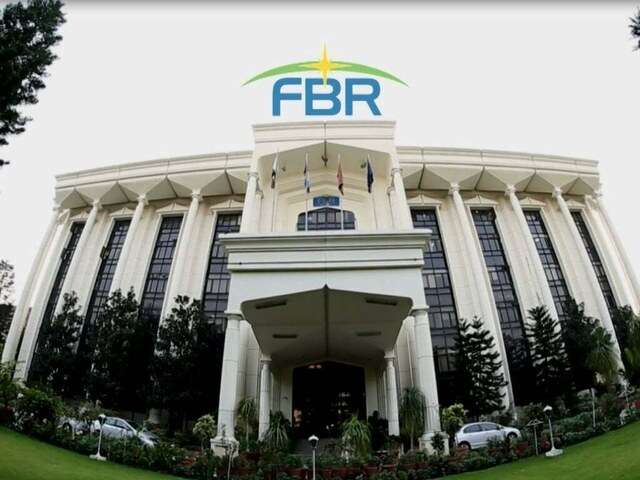Business
Under IMF guidelines, FBR introduces the “Tajir Dost Scheme” in six cities.
-

 Latest News3 days ago
Latest News3 days agoThe Pakistan-EU Business Forum is scheduled to take place from May 14–15.
-

 Latest News3 days ago
Latest News3 days agoThe UK Parliament presented Hania Aamir with the Star of Pakistan award.
-

 Latest News3 days ago
Latest News3 days agoDar highlights the Cabinet Committee on Privatization’s dedication to PIACL’s privatization.
-

 Latest News3 days ago
Latest News3 days agoToday marks the launch of a digital youth hub that will assist in the development of young people and help them find employment.
-

 Latest News3 days ago
Latest News3 days agoIftar dinner for orphaned children is hosted by President Zardari.
-

 Latest News3 days ago
Latest News3 days agoAn Economic Update and Prospects for 2025 Economy Displaying Stability and Resilience: Finance Ministry
-

 Latest News3 days ago
Latest News3 days agoUmra Ziareen, the Saudi Hajj Minister, Meets Sardar Muhammad Yousuf to Facilitate the Hajj
-

 Latest News3 days ago
Latest News3 days agoNZ thrash Pakistan in the last Twenty20 match and hit the target in ten overs.























 | Funny Videos | Sajjad Jani Official Team
| Funny Videos | Sajjad Jani Official Team